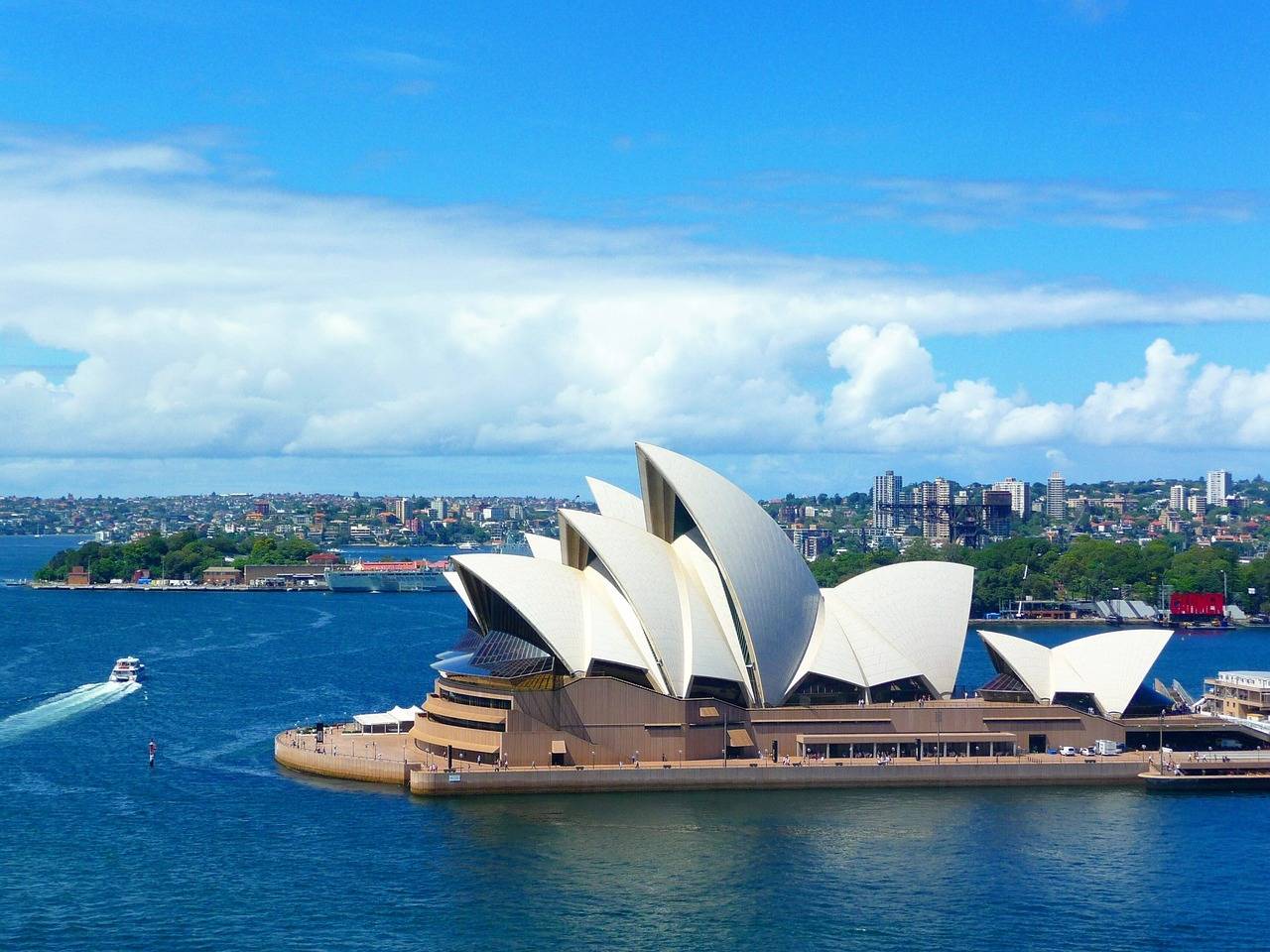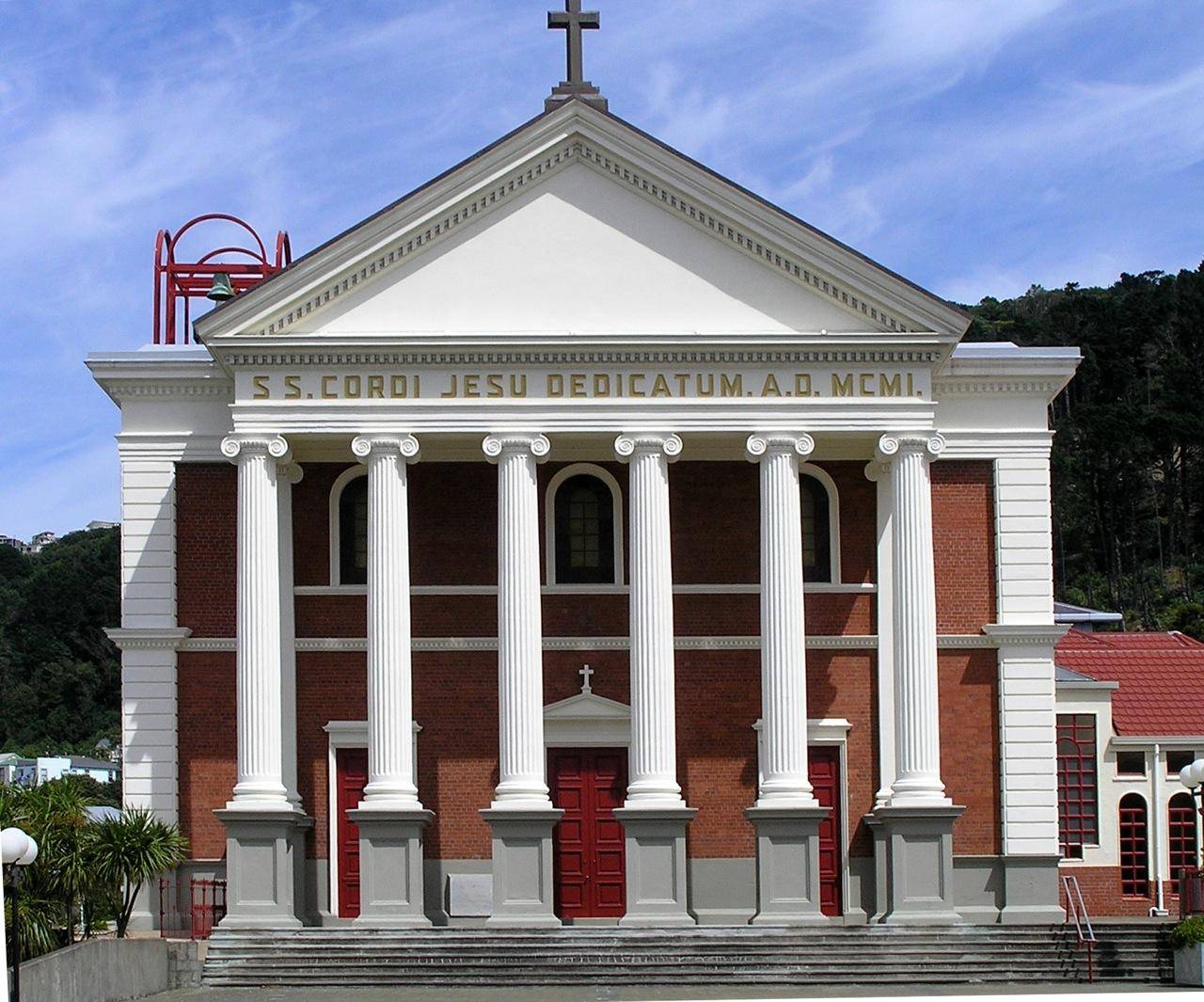ROME – At the close of a gathering of bishops in Oceania to discuss the pope’s ongoing Synod on Synodality, prelates underscored several topics of regional importance, including the environment, young people and better faith formation.
Organized by the Federation of Catholic Bishops Conferences of Oceania (FCBCO), the Oceania Synodal Continental Assembly ran in Fiji from Feb. 5-9. The meeting drew dozens of bishops from throughout the region, which includes Australia, New Zealand, Papua New Guinea, the Solomon Islands, and many Pacific nations. It was part of Pope Francis’s ongoing, multi-stage Synod of Bishops on Synodality, currently in its continental phase.
Launched in October 2021, the synod underwent an initial, diocesan consultation phase. The current continental phase began a year later, in September 2022, and is set to conclude next month.
A final, universal phase of the synod is set to open in October in Rome, when bishops from around the world gather from Oct. 4-29 to discuss the results of the cumulative process, and it will close with a second Rome-based gathering in October 2024.
The continental meeting for Oceania was opened by Cardinal Michael Czerny, head of the Vatican’s Dicastery for Integral Human Development, who urged participants to have “the audacity to dream great dreams for all humanity, for the created world, and for our Church.”
Discussions over the five days embraced an array of specific issues, ranging from the impact of rising sea levels and extractive industries, to proper care for oceans, together with regional pastoral challenges including how to be a more “synodal church” and receive and give better formation to their people.
In a communique, the bishops said that as a network of large and small islands rich in biodiversity, Oceania’s identity and location “provide the context in which we participate in God’s mission.”
“In our region, the ecological crisis is an existential threat for our people and communities,” and it is manifested in different ways, including rising sea levels, the acidification of the oceans, droughts, floods and “more frequent and more extreme weather events.”
For this reason, a so-called “ecological conversion (is) an urgent mission priority not only for us, but also for the whole Church.”
“We feel called to make our voices heard at the highest levels of government in our own countries, and also at the global level – in the Church and broader society – for the sake of our ocean home and its peoples,” they said.
Noting that Oceania is home to some of the world’s youngest and newest churches, as well as “the oldest continuing culture in the world,” they said that while being a young church implies a certain level of vulnerability, it also comes with “freshness and vitality.”
“We learned that the youngest churches in our region have lessons to teach the more established churches about synodality and about maintaining the freshness of the encounter of the Gospel with local cultures and societies,” the bishops said.
They stressed the need to better accompany young people in more “courageous, creative, and engaging ways” as an “essential aspect” of the church in Oceania’s evangelization efforts, and gave a special shout-out to the global World Youth Day celebration that will happen Aug. 1-6 in Lisbon, and which will be attended by Pope Francis.
The bishops said they also had important discussions on the ways in which they live synodality, and how their churches can become more “synodal,” admitting that that times they have make “wrong turns” while pursuing this path but, trust that God is guiding the process.
The bishops said they worked to ensure that “a distinctively Oceanic voice will continue to resonate through the Synod documents,” and that their report on the assembly conclusions will be finished in the coming weeks.
Participants also heard from French Sister Nathalie Becquart, undersecretary of the General Secretariat of the Synod of Bishops, who offered a global view of the synod and stressed that there is no “one size fits all” template for how to respond to pastoral challenges as a church, given the diversity of each region and culture.
“We felt affirmed in responding in our own way in our own context,” the bishops said, and stressed the need for better faith formation at all levels – for laypeople, religious, and clergy – if order for the church in Oceania to become “more synodal.”
The bishops said that offering a compelling “witness to life” means defending life “from conception to natural death,” and fostering a greater “respect for all,” as well as the promotion of justice and peace, and “an ecological conversion that is personal, communal and structural.”
As the synod process moves forward, the Oceania bishops stressed the need to better emphasize the topics of inclusion, transparency, accountability, new technologies, “intercultural competency,” and new methods of leadership based on participation and collaboration in their formation programs.
“Our efforts should equip our Church to reach out and [embody] a culture of hospitality, encounter and dialogue in a world marked by both sin and grace on our pilgrim way to God’s kingdom,” they said.
In the assembly’s closing Mass, Bishop Peter Brown of Samoa-Pago Pago in American Samoa noted that bishops are the ones who hold power, influence and status in the ecclesial community, and challenged them on how to use it to “enhance the care of creation” and serve their people.
Using the image of someone whose land and livelihood is threatened by rising sea levels, he said a bishop’s task is “to help people to find a place to stand.”
“May we go from here with hope that, through our leadership together with the People of God, we can find room for all – a place where they can stand,” he said.
The next regional assembly of the FCBCO is set to take place in Australia in 2027.
Follow Elise Ann Allen on Twitter: @eliseannallen















